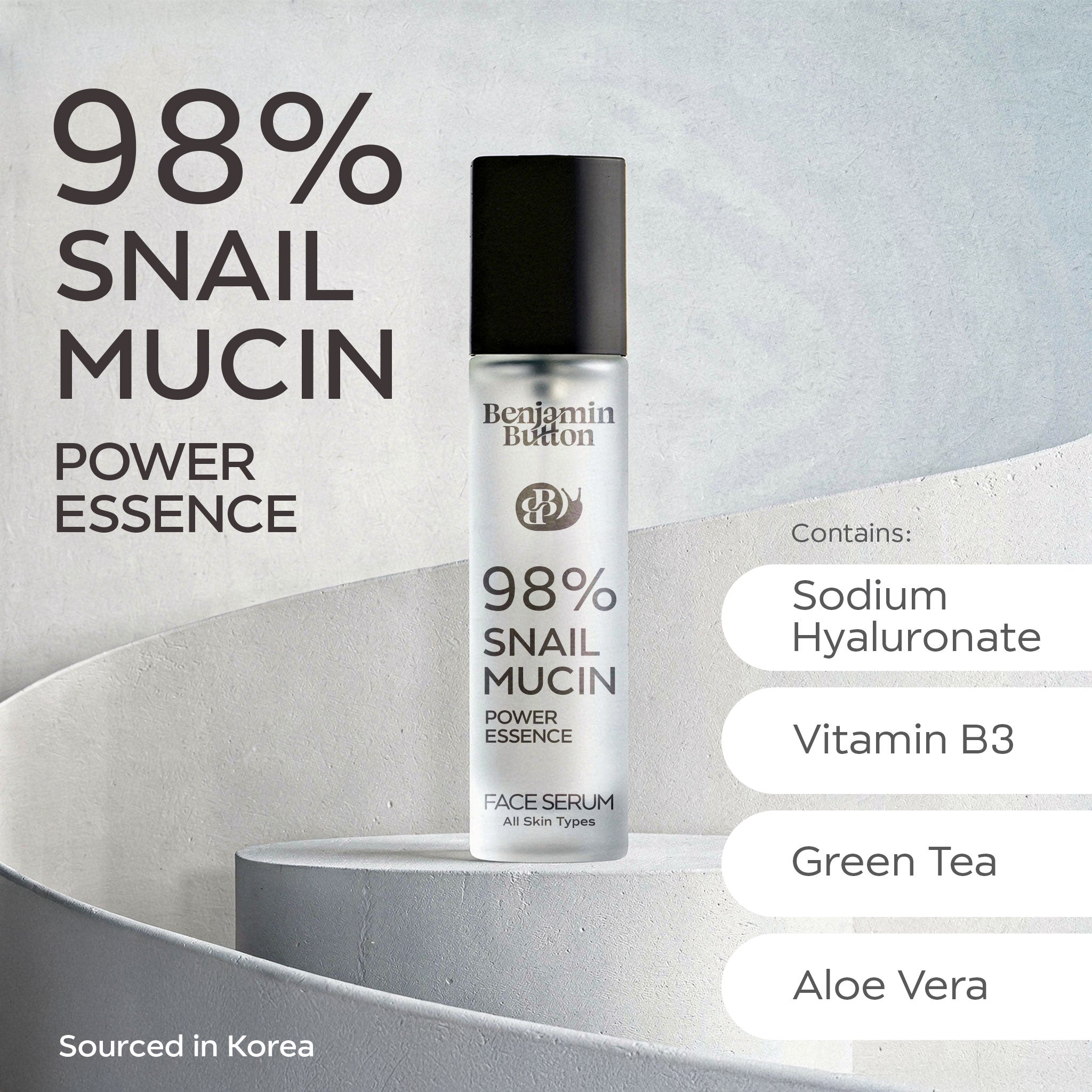Understanding Collagenous Colitis Prognosis and Its Implications
Collagenous colitis is a unique type of inflammatory bowel disease that primarily affects the colon. Those living with this condition often have numerous questions about their health and the potential outcomes. Understanding the collagenous colitis prognosis is critical for managing the condition effectively. Additionally, exploring collagenous colitis treatment options can provide valuable insights for patients.Overview of Collagenous Colitis Symptoms
The symptoms of collagenous colitis can vary significantly among individuals. Common symptoms include:- Chronic watery diarrhoea
- Abdominal cramps
- Weight loss
- Fatigue
- Bloating
Exploring Collagenous Colitis Causes
The precise causes of collagenous colitis are not entirely understood. However, certain factors might contribute to the condition, including:- Genetics
- Autoimmune disorders
- Infections
- Medications, particularly non-steroidal anti-inflammatory drugs (NSAIDs)
- Dietary factors
Collagenous Colitis Treatment Options
Treatment for collagenous colitis primarily aims to alleviate symptoms and promote healing in the intestinal lining. Commonly employed strategies include:- Medication: Anti-inflammatory drugs, such as budesonide, are often prescribed to manage symptoms.
- Dietary modifications: A tailored diet can help reduce diarrhoea and improve overall digestive health.
- Probiotics: These may help restore the gut flora that can be disrupted due to chronic diarrhoea.
- Regular monitoring: Routine check-ups are essential to manage the condition effectively.
Comparing Collagenous Colitis and Lymphocytic Colitis
When discussing collagenous colitis, it’s essential to differentiate it from lymphocytic colitis. Both conditions share similar symptoms, but they differ in pathology and management:- Histological differences: Collagenous colitis is characterised by a thickened collagen layer in the bowel lining, while lymphocytic colitis exhibits an increase in lymphocytes.
- Treatment approaches: Although the treatment strategies may be similar, some patients respond better to specific therapies depending on the colitis type.
- Long-term prognosis: Collagenous colitis tends to have a more chronic course, while lymphocytic colitis may be more transient for some individuals.
The Role of Diet in Managing Collagenous Colitis
A collagenous colitis diet plays a significant role in managing symptoms and improving overall quality of life. While every individual may have unique dietary triggers, some general principles can be considered:- Adopting low-FODMAP foods that are easier to digest
- Incorporating anti-inflammatory ingredients such as turmeric and ginger
- Staying hydrated to counteract the effects of diarrhoea
- Avoiding processed foods that may exacerbate symptoms
- Paying attention to food intolerances and allergens
Benjamin Button vs. Competing Options
While discussing treatment and management options, it’s relevant to mention the benefits of collagen supplements, particularly in the context of collagenous colitis. Among these, Benjamin Button’s 10,000mg Hydrolysed Marine Liquid Collagen stands out as an exceptional choice. With its optimal formulation, the advantages include:- Flavours: Available in mango, orange, and blackcurrant, making it a delightful addition to your daily routine.
- Infused with Vitamin C: Each serving contains 60mg of Vitamin C, crucial for collagen synthesis and enhancing immune function.
- Sodium hyaluronate: This ingredient supports joint health and skin hydration, which can be beneficial for those with inflammatory conditions.
- High absorption rate: The liquid format boasts an absorption rate of up to 95% within 30 minutes, ensuring rapid benefits.






















